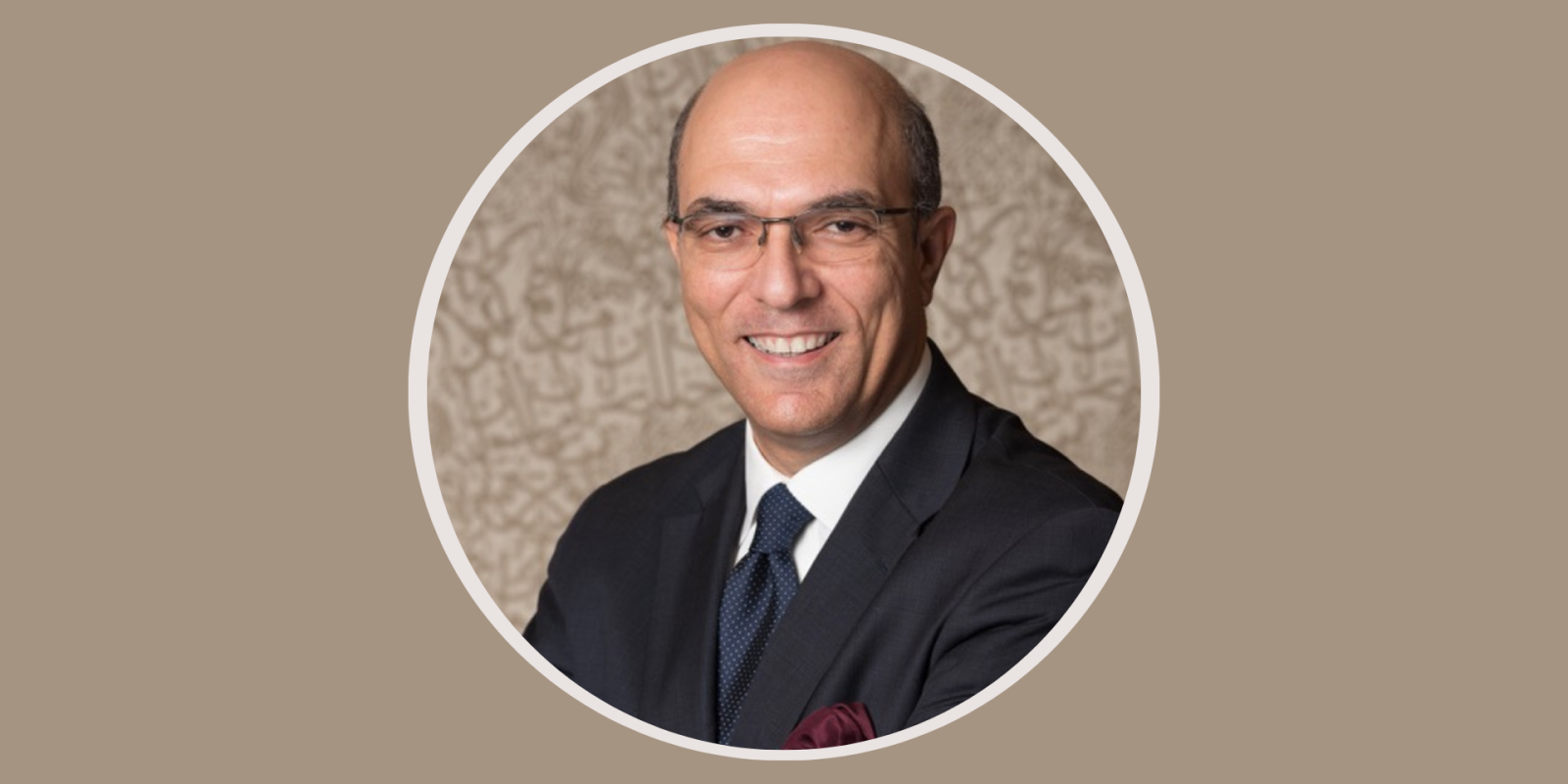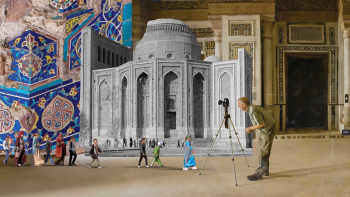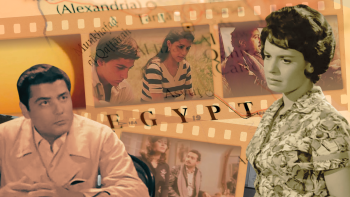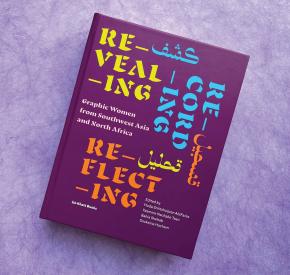
Dean Sherif Kamel Appointed to Central Bank of Egypt Board of Directors
Professor and founding dean of AUC’s School of Business, has been appointed to the board of the Central Bank of Egypt as a financial expert.
Sherif Kamel ’88, ’90, ’13, professor and founding dean of AUC’s School of Business, has been appointed to the board of the Central Bank of Egypt as a financial expert.
“I truly appreciate the trust and confidence placed in me, and I look forward to working with the other board members to advance the bank's vision and achieve its strategic objectives,” said Kamel.
Such an appointment signifies AUC's dedication to excellence and service, showcasing the high caliber of its faculty and alumni, who are go-to experts in their fields. “AUC takes great pride in its commitment to serving Egypt through the exceptional contributions of its alumni and faculty, and Dean Sherif Kamel is a prime example of that,” said President Ahmad Dallal. “Dean Kamel is an invaluable leader at AUC and an internationally respected authority in his field. He exemplifies AUC's deep commitment to serving Egypt through its experts, research and partnerships.”
“Honored and delighted by the opportunity,” Kamel noted, “As dean of the School of Business, my appointment to the board reflects the invaluable opportunities the faculty of The American University in Cairo are given to contribute their knowledge and expertise to serve our society, especially at a time of continuous transformations with its different challenges and prospects.”
“Dean Kamel is an invaluable leader at AUC and an internationally respected authority in his field. He exemplifies AUC's deep commitment to serving Egypt through its experts, research, and partnerships.”
A Journey of Excellence
Such distinctions are not new to Kamel, whose connection to AUC spans 40 years, during which he earned three academic degrees and spent nearly three decades as a faculty member.
At AUC, during his tenure as dean, AUC’s School of Business received the triple-crown accreditation in 2014, making it among 1% of business schools worldwide as well as the only business school in the Middle East and third in Africa to achieve this prestigious recognition, which has been reaffirmed over the years. It has also been ranked by Eduniversal among the top 100 business schools in the world every year since 2012 and among the best business schools in Africa for the last seven consecutive years. In addition, the AUC Venture Lab, established during Kamel’s time, is the first University-based incubator in Egypt, classified among the five most promising university incubators in Africa.
“As dean of the School of Business, my appointment to the board reflects the invaluable opportunities the faculty of The American University in Cairo are given to contribute their knowledge and expertise to serve our society, especially at a time of continuous transformations with its different challenges and prospects.”
Outside AUC, Kamel’s list of achievements is equally impressive. He serves as vice chair and chair-elect of the board of directors of the Association to Advance Collegiate Schools of Business (AACSB), the oldest global accrediting body for business schools with the largest network of schools, educators, learners and businesses worldwide. He will serve as the board’s chair for the 2024-2025 academic year and is now heading its Innovation Committee. Kamel was recognized by AACSB in 2018 as one of its Influential Leaders Challenge Honorees, being a business leader who influences business education. He also served as a trustee of the International Management Board of the Association of MBAs and the Business Graduates Association.
Kamel is a member of the American Chamber of Commerce in Egypt's Board of Governors and previously served as the board’s president from 2019 to 2021. In addition, he is deputy chair of CEMS (Community of European Management Schools) - The Global Alliance in Management Education, of which AUC’s School of Business is a member. A prolific author, he has published numerous scholarly articles and books, the most recent of which is Leading Change in Challenging Times: Lessons of Disruption and Innovation from Egypt – Thoughts, Observations, and Reflections (2022).
Passionate about education, Kamel holds a bachelor’s in business administration, an MBA and a master’s in Islamic art and architecture from AUC as well as a PhD in information systems from the London School of Economics and Political Science.




